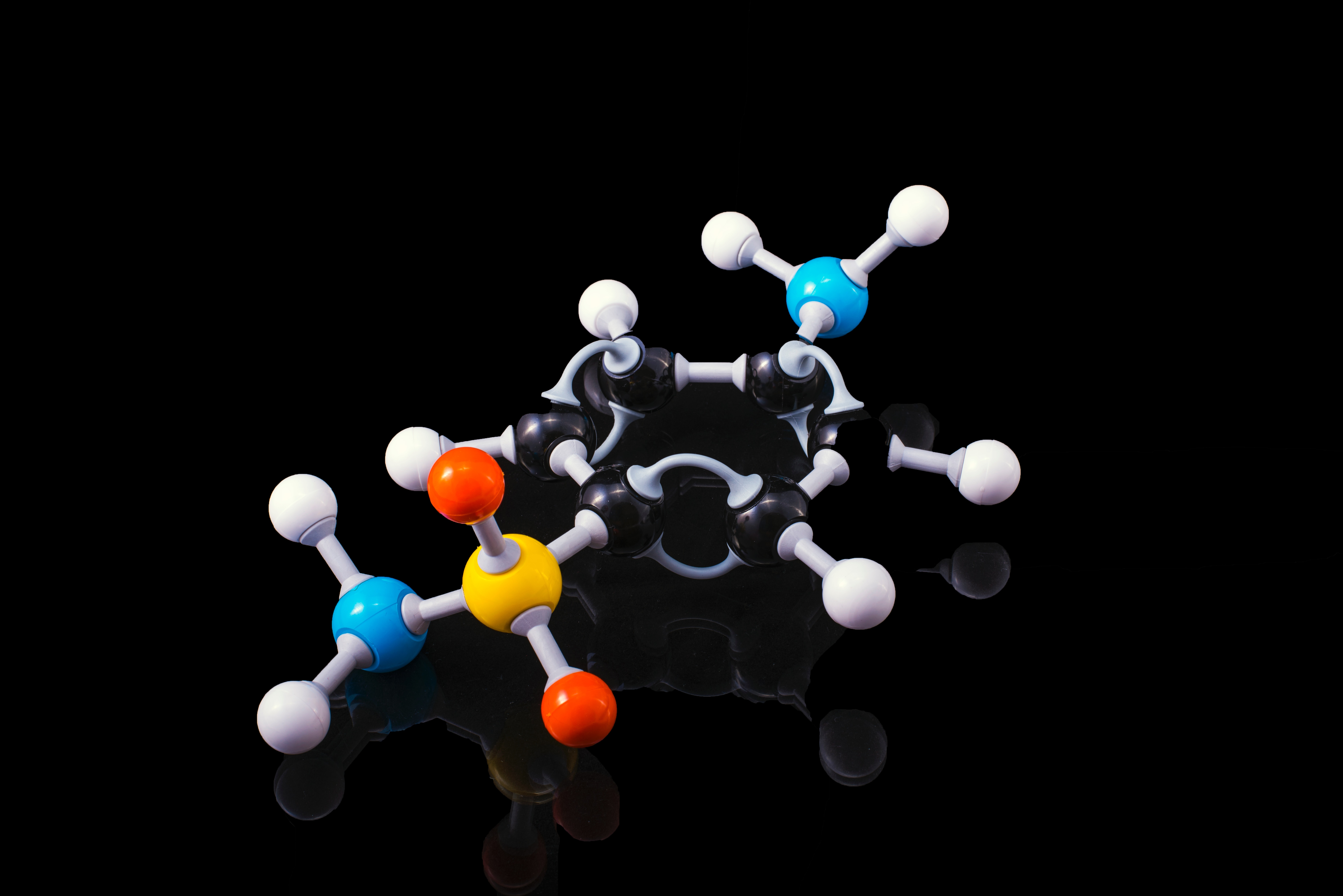Photo by Terry Vlisidis on Unsplash
Achieving and maintaining a healthy weight involves various factors, including diet, exercise, and lifestyle choices– to say nothing that everyone has different versions of “healthy.” In addition, what is healthy is more than a single number (such as weight, BMI, or any other single measurement). With that in mind, today I wanted to look at hormones and try to introduce the complex chemistry in our bodies.
Many people overlook the significant role that hormones play in weight management. Hormones act as chemical messengers in the body, regulating numerous physiological processes, including metabolism, appetite, and fat storage. Here, I’ll delve into the types of hormones that contribute to weight gain, their functions, and provide practical tips to promote hormonal balance.
Insulin:
Insulin is a hormone produced by the pancreas that helps regulate blood sugar levels. It plays a crucial role in converting glucose into energy or storing it as fat. When insulin levels are consistently high due to factors like excessive sugar consumption or insulin resistance, it can lead to weight gain, especially in the abdominal area. To maintain healthy insulin levels, focus on a balanced diet rich in whole foods, high in fiber, and moderate in carbohydrates.
Leptin:
Leptin, often referred to as the “satiety hormone,” is produced by fat cells and signals to the brain when you’re full, helping regulate appetite and energy balance. However, in cases of leptin resistance, the body doesn’t respond appropriately to leptin signals, leading to overeating and weight gain. To support leptin sensitivity, prioritize sleep, manage stress levels, and consume a diet rich in whole foods, including lean proteins and fiber.
Ghrelin:
Ghrelin, known as the “hunger hormone,” is produced in the stomach and stimulates appetite. It sends signals to the brain, triggering feelings of hunger and influencing food intake. Imbalances in ghrelin levels can lead to overeating and weight gain. To manage ghrelin levels, focus on regular meal times, consume protein-rich foods, and prioritize sleep, as inadequate sleep can increase ghrelin production.
Cortisol:
Cortisol, commonly referred to as the “stress hormone,” is released by the adrenal glands in response to stress. Chronic stress can lead to elevated cortisol levels, which can contribute to weight gain, particularly in the abdominal area. To manage cortisol levels, engage in stress-reducing activities like meditation, exercise regularly, get sufficient sleep, and practice relaxation techniques.
Estrogen:
Estrogen is a hormone primarily associated with reproductive health in women, but it also plays a role in weight management. Imbalances in estrogen levels, such as estrogen dominance, can lead to weight gain and increased fat storage. To support estrogen balance, maintain a healthy weight, consume a diet rich in plant-based foods, limit exposure to environmental estrogens, and consider incorporating regular exercise into your routine.
Understanding the influence of these hormones (and more!) is essential for comprehensive weight management. By focusing on healthy lifestyle habits such as a balanced diet, regular exercise, sufficient sleep, stress management, and maintaining hormonal balance, you can support your body’s mechanisms and promote a healthier you.
Remember, it’s always beneficial to consult with a healthcare professional for personalized advice and guidance on optimizing hormonal balance for weight management. Schedule a consultation with me to see what’s right for you today!
